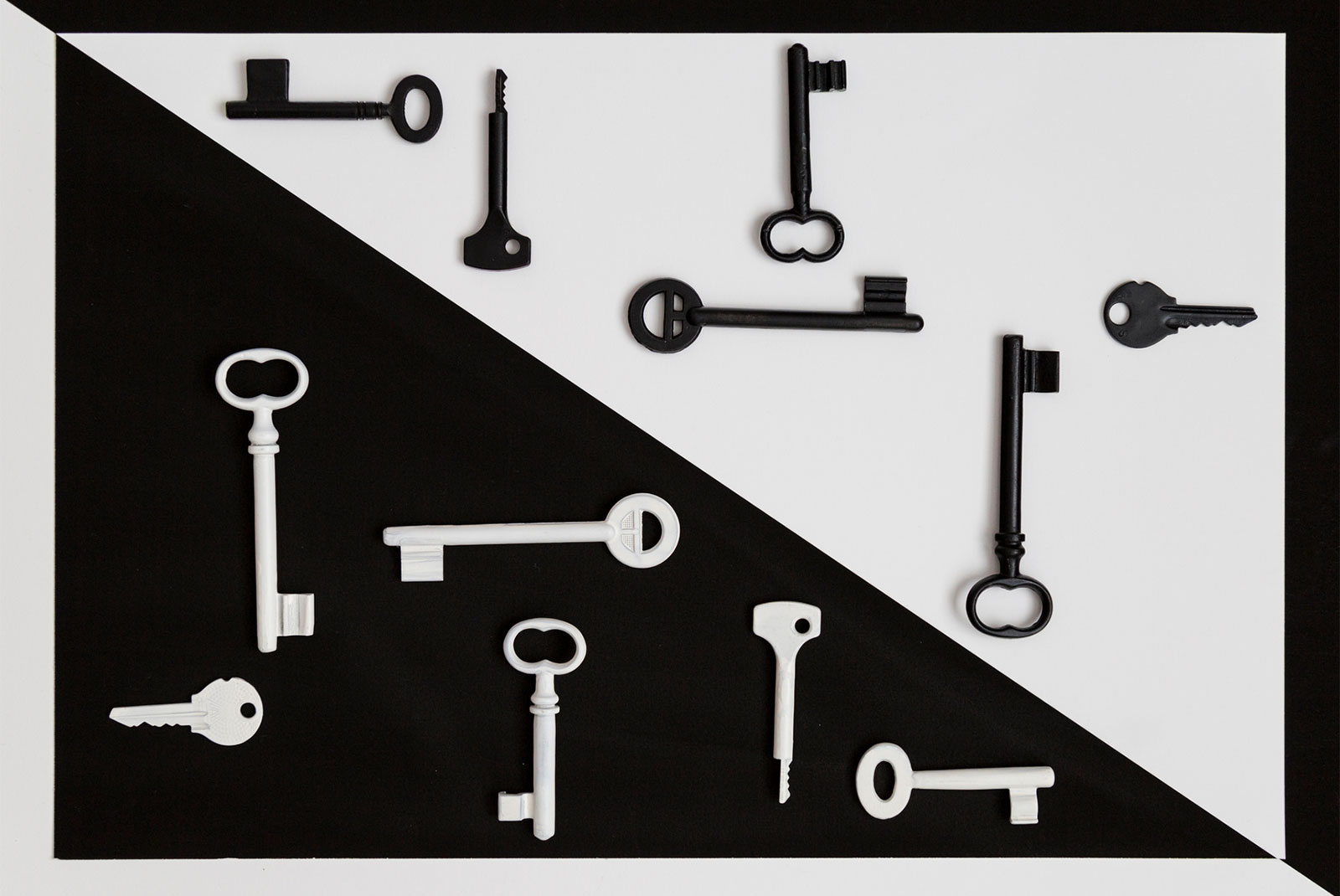Ready To Buy a Home?
Get Approved to Buy a Home
Rocket Mortgage® lets you get to house hunting sooner.
The rent vs. buy debate is as old as time. And for good reason – buying a house is a huge decision with long-term implications. Not to mention, it’s a huge financial investment. So, how do you answer the question, “should I buy a house?”
The answer, unfortunately, is not cut and dry. There are a lot of factors to consider – your current financial situation, job stability, family situation, and so on. It’s a personal decision that should be thought through carefully.
This article will touch on some of the key considerations you should take into account when deciding to buy a house. And by the end, you should have a better idea of whether or not buying a house is the right choice for you.
5 Signs You’re Ready To Buy a House
Chances are if you’re asking the question, “should I buy a house?” you’re at least considering the idea. And that’s a good start. But there are certain signs (some more obvious than others) that indicate you may be ready to take the plunge into home ownership.
1. You have a consistent income
One of the first things mortgage lenders will look at is your income. They want to see that you have a steady income that can cover the cost of monthly mortgage payments. This is usually expressed as a debt-to-income (DTI) ratio. Most lenders prefer a DTI ratio of 36% or less. [1]
That means your monthly debts – including your mortgage payment, should not exceed 36% of your gross monthly income.
To calculate your DTI ratio, add up all your monthly debts (your proposed mortgage payment, car payment, student loans, credit card payments, etc.) and divide it by your gross monthly income.
For example, let’s say your monthly debts total $2,000, and your monthly income is $6,000. Your DTI ratio would be 33%.
If you’re not sure what your DTI ratio is, you can use a DTI calculator like this one from Money Tips.
Debt-to-Income Calculator
❓ Curious what your debt-to-income (DTI) ratio is? Enter your figures and let the magic begin!
What Is DTI?🟢 On Track – Hey money maestro! You’re right on track for your house-buying journey! Make sure you have all the information you need to make the right choice.
How much can I afford?🟢 On Track – You’re right on track for your house-buying journey!
How much can I afford?🚨 Above Recommended DTI – Some lenders have different requirements to qualify but it’s worth looking into your credit and finding out what you can afford within your budget.
What Is DTI?🚨 Too Much Debt – Seems like you’ve got a little too much debt to qualify with the income you’ve put in! Do you want to try again?
2. You’re responsibly managing debt
Part of being a responsible borrower is demonstrating that you can manage your debt responsibly. That means making all your loan payments on time, every time. Mortgage lenders will pull your credit history to see how you’ve handled debt in the past. They’re looking for red flags, like late or missed payments.
Some of the things they’ll take into account are your payment history, credit utilization ratio, and credit mix.
- Payment history: Your payment history records whether you’ve made your payments on time. It also accounts for 35% of your FICO credit score – the score most lenders use to evaluate creditworthiness.
- Credit utilization ratio: This is the percentage of your credit limit that you’re using. It should ideally be below 30% for optimal credit health.
- Credit mix: A mix of different types of credit – like revolving credit (credit cards) and installment loans (auto loans, student loans) – can help boost your credit score.
So, if you’re looking to buy a house, it’s a good idea to take steps to improve your credit score. Otherwise, you may end up with a higher interest rate on your mortgage, which will, in turn, increase your monthly payments.
3. You’ve saved for a down payment
A down payment is the amount of money you put toward purchasing a home. The more money you can put down, the lower your monthly mortgage payments will be.
Most lenders require a down payment of at least 5%. But if you can put down 20%, you’ll avoid paying private mortgage insurance (PMI). PMI is insurance that protects the lender if you default on your loan.
Keep in mind just because you have the money for a down payment doesn’t mean you should put all of it down. You should also save money for things like closing costs, repairs, and unexpected expenses.
4. You’re running out of space
Whether you’re growing your family or need more space for all your stuff, running out of space is a common occurrence that sends people house hunting.
You should also consider the type of space you need. If you have a lot of stuff, you may need a house with a storage shed or an attic. And if you have a growing family, you may need a house with a bigger yard or an extra bedroom.
No matter what your space needs are, make sure you take them into account when house hunting.
5. You understand the cost of homeownership
Owning a home is a lot more expensive than just making a mortgage payment. You should also be prepared to pay for things like utilities, maintenance, property taxes and other first-time homebuyer costs.
One way to get an estimate of these costs is to talk to a real estate agent or a lender. They should be able to give you a general idea of what to expect. Also, keep in mind that the cost of homeownership can fluctuate. For example, your property taxes may go up if your home’s value increases.
The bottom line? Understanding the cost of homeownership is one of the most critical signs of readiness. Otherwise, you may find yourself “house poor,” – meaning you can only afford the bare minimum and have little to no money left over for things like savings, retirement, or vacations.
5 Signs You Should Probably Wait To Buy a House
Not everyone is ready to buy a house. And that’s OK. There are plenty of good reasons to wait, like saving up for a down payment, improving your credit score, or understanding the true cost of homeownership.
If you’re not sure if you should buy a house now or wait, consider these five signs:
1. You don’t have a budget
Think you can’t afford a house? You might be surprised – but only if you have a budget.
A budget is key to understanding how much house you can afford. It takes into account your income, debts, and other monthly expenses to give you a clear picture of your financial health. And that’s critical when you’re making such a large purchase.
If you don’t have a budget, now is not the time to buy a house. Work on creating a budget and getting your finances in order first. Then, you can be sure of exactly the type of house you can afford.
2. You’re still building your savings
It’s a good idea to have substantial savings before buying a house. That way, you can cover things like the down payment, closing costs, and repairs.
How much should you save before buying a home? It depends, but a good rule of thumb is to have at least 5% of the purchase price saved. Whether you should save more than that depends on your financial situation and the house costs.
Let’s say you’re buying a $200,000 house. In that case, you should have at least $10,000 saved for the down payment. And that’s before you consider other costs like closing costs, which can be another 2-5% of the purchase price. So, depending on those costs, you may need to have closer to $15,000 saved before buying a house.
3. You’re repairing your credit score
If you have bad credit, buying a house may not be the best idea – at least not right now.
Most lenders require a good credit score to qualify for a mortgage. So, if your credit score is low, you may not be able to get a loan – or you may have to pay a higher interest rate.
Repairing your credit score can take time. You’ll need to make all your payments on time, keep your debt levels low, and avoid opening new lines of credit. Depending on how bad your credit is, it could take a few months – or even a few years – to improve your score.
So, if you’re not ready to buy a house yet, focus on repairing your credit first. Then, you can get a mortgage with a better interest rate – and save money over the life of your loan.
4. Your lifestyle is in flux
Are you planning to move or change jobs in the near future? If so, buying a house may not be the best idea.
When you buy a house, you’re typically locked into that property for a few years. So, if you plan to move soon, it may make more sense to wait and buy a house when you’re settled in one place.
The same goes for your job. If you’re not sure you’ll be in the same job – or even the same career – in a few years, buying a house may not make sense. After all, your job is a crucial part of determining how much house you can afford.
5. You feel pressured
Buying a house is a huge financial decision. So, don’t let anyone pressure you into doing it before you’re ready.
Some people feel like they need to buy a house to keep up with their friends or family. But just because they’re ready doesn’t mean you are. You should only buy a house when you’re ready – not because of market conditions.
Take your time, do your research, consider the pros and cons of buying a house, and make sure you’re in a good place financially. Then, you can decide if buying a house is right for you.
Are You Ready To Buy a House?
So, should you buy a house? It depends. If you’re not ready yet, that’s OK. Just keep working on your financial goals and wait until you’re in a good place. Then, you can buy a house with confidence – knowing you’re ready for the commitment.
Yes, there are a lot of factors to consider before buying a house. But if you’re ready, it can be a great way to build equity, get tax breaks, and have a place to call your own. Explore your mortgage options to see what type of loan is right for you. Then, you can start shopping for your dream home.
Take the first step toward buying a home.
Get approved. See what you qualify for. Start house hunting.
The Short Version
- If you have bad credit, buying a house may not be the best idea – at least not right now
- Part of being a responsible borrower is demonstrating that you can manage your debt responsibly
- If you plan to move soon, it may make more sense to wait and buy a house when you’re settled in one place
Fanie Mae. “Selling Guide – B3-6-02, Debt-to-Income Ratios (02/05/2020).” Retrieved October 2021 from https://selling-guide.fanniemae.com/Selling-Guide/Origination-thru-Closing/Subpart-B3-Underwriting-Borrowers/Chapter-B3-6-Liability-Assessment/1032992131/B3-6-02-Debt-to-Income-Ratios-02-05-2020.htm#DTI.20Ratios




